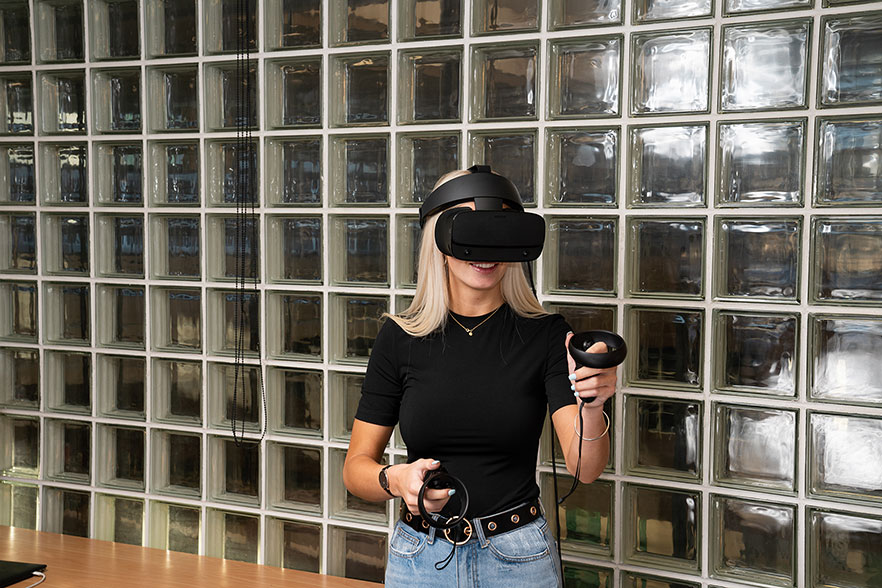Where technology, people, and organisations meet
Information Science is the study of information – and how people use it within organisations. Information systems play a vital role in just about everything we do.
It focusses on Information and Communication Technologies (ICT) used by people to manage information within businesses and organisations. This includes information collection, processing, storage and retrieval, presentation, and the communication of information.
Information Science helps shape the world
Choose a career that is personally rewarding, stimulating and varied – one where you have the opportunity to make a difference. Our graduates don't just go on to become software developers. Information Science covers many areas and niches – from data analysis to social media.
Read about what some of our alumni are doing – and discover the diverse range of career opportunities in this industry. Graduates with information science skills are in high demand.

Information Science is changing rapidly
Technology drives some of these changes. For example, the rapid adoption of mobile devices over the past few years has created opportunities for new applications and business models.
Organisational or business needs drive other changes. For example, in a connected world, businesses increasingly need to manage their supply chains as large-scale coordinated networks. There is also greater demand for more "intelligent" information systems.
Feature video
This video provides a brief introduction to some of the topics taught and researched in the School of Computing at the University of Otago, New Zealand.
Information Science is: Information Systems Development; Collaboration; Wearable Computing; Artificial Intelligence (AI); Mixed Reality; Big Data & Data Science; Human-Computer Interaction; Ubiquitous Computing; Embodied interaction; Computer Security & IT Forensics; Virtual Reality Learning; Autonomous Systems; Assistive Technologies; Augmented Reality; Technology & Behaviour; and Software Engineering.
It's also: Machine Learning; Pervasive Computing; Mobile Technology; Everyday Technology Use; IT in Organisations; Health Informatics; Social Computing; Image Analysis; Pattern Recognition; IS Strategy and Governance; and Telepresence
Credits:
Video Production: Wayne Johnson
Sound: Hanna Ott
Location: University of Otago, Otago Business School, Department of Information Science.